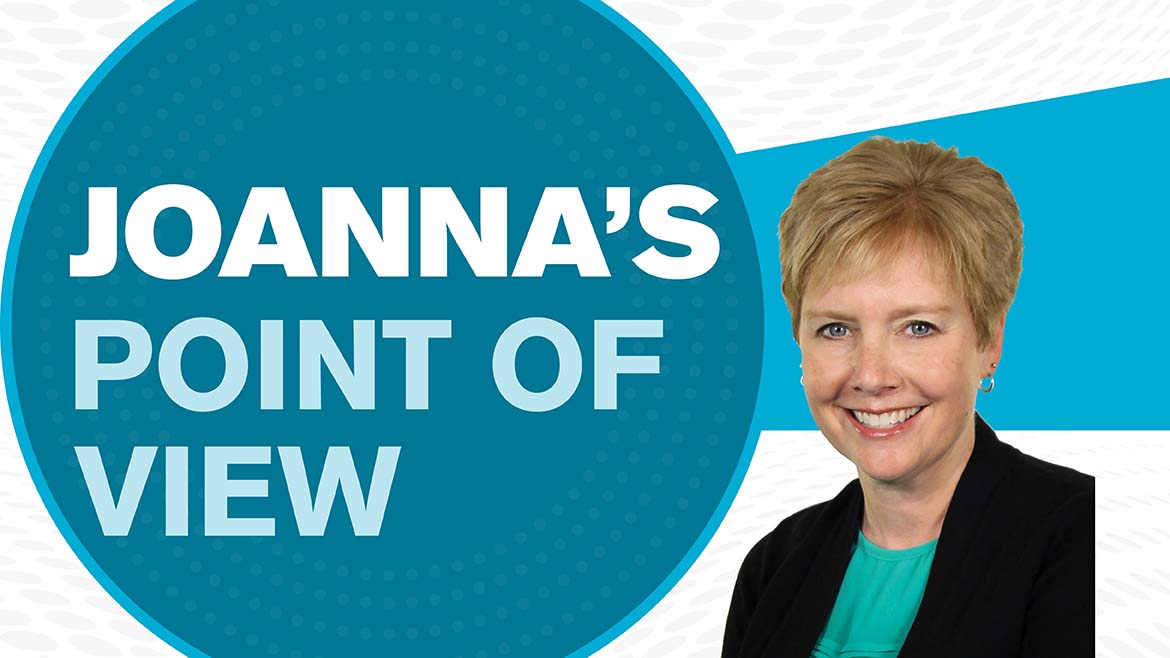I’ve interviewed countless HVACR professionals over my two-plus decades at The NEWS, and I can honestly say that just about every conversation has led to an “a-ha” moment on my part. Whether it’s a contractor implementing an entirely new way of training employees or a distributor coming up with creative ways to approach e-commerce, I am constantly amazed by the ingenuity of the people in this industry.
Several conversations have stayed with me for years, mainly because they led me to think more deeply about my own life. One of those conversations was with Skip Snyder, who was the owner of a contracting company, and at different times, chairman of both ACCA and North American Technician Excellence (NATE). Unfortunately, Skip died in 2013, but about 10 years ago, he talked to me about the need for contractors to put a succession plan in place for their companies. It was something he was passionate about, because he was forced to take a leadership position in his own company under tragic circumstances.
He explained how his grandfather started Snyder Boiler and Engineering Co., in Camden, New Jersey, in the early 1940s, and after his dad came back from World War II, he went into the business as well. Together, they founded M.A. Snyder Co., which they ran until Skip joined the company in the early 1970s, after a stint in the military and graduating from college.
Everything changed in 1973, when Skip’s father just happened to be driving by a bank, where an armed robbery was taking place. His father was shot and subsequently decided to leave the business, and Skip took over. As he explained, there was no real transition, and indeed, he was not ready to take over the company. But he worked hard to keep the business running, and it was very successful. He didn’t want to see anyone else go through his experience, which is why he encouraged fellow contractors to develop a succession plan.
“If you’re the rainmaker in your business and without you there, the business is not going to run, all you have is a job with a lot of liability,” he said. “I preach to every business owner that you’ve got to have a support system, so you don’t have to be there every day for the business to function properly. Until you reach that very basic criterion, you’re not a business owner -- you’re somebody who has assumed a lot of liability, and you’re betting the wellbeing of your family and your employees on whether you cross the street safely. That’s not fair to your family, and it’s not fair to your employees.”
He said that succession planning should start a minimum of five to seven years before the owner decides to exit the business and should include identifying and training individuals who can successfully run the business. Target people who have a desire to learn, he advised, then give them the opportunity to educate themselves. And those people do not necessarily have to be family members. Indeed, if children are part of the business, Skip advised parents to be realistic about their skill sets.
“If you have two young adults who are in the business, one of them could be a rainmaker and the other could be along for the ride,” he said. “The worst thing you could do is give each 50 percent. Reward the one who is the hard worker with the business, but at the same time, invest in a well-funded insurance plan that will ‘buy out’ the other sibling in case of a death. If you don’t do that, you’re going to create conflict between your kids.”
After talking about his succession plan, Skip asked me about my plan. I was puzzled, because I didn’t own a business, so why would that apply to me? But he asked if a sudden death occurred, would everything be in place for my family, including a will or trust, life insurance, guardianship or conservatorship for the kids, power of attorney, etc.? My husband and I had some – but not all – of these pieces in place, but that conversation spurred us to get everything else squared away. And even though they thought I was incredibly morbid, when our kids turned 18, I had them create all these documents as well.
Skip said I would feel better about the future if I planned for unexpected occurrences today. And he was right.
Publication date: 7/2/2019
Want more HVAC industry news and information? Join The NEWS on Facebook, Twitter, and LinkedIn today!


Recent Comments
Heat Pumps Fail To Perform When...
Hi, Rod -- I asked the wonderful folks...
transporting A2L refrigerants,
Thank you!
CO2